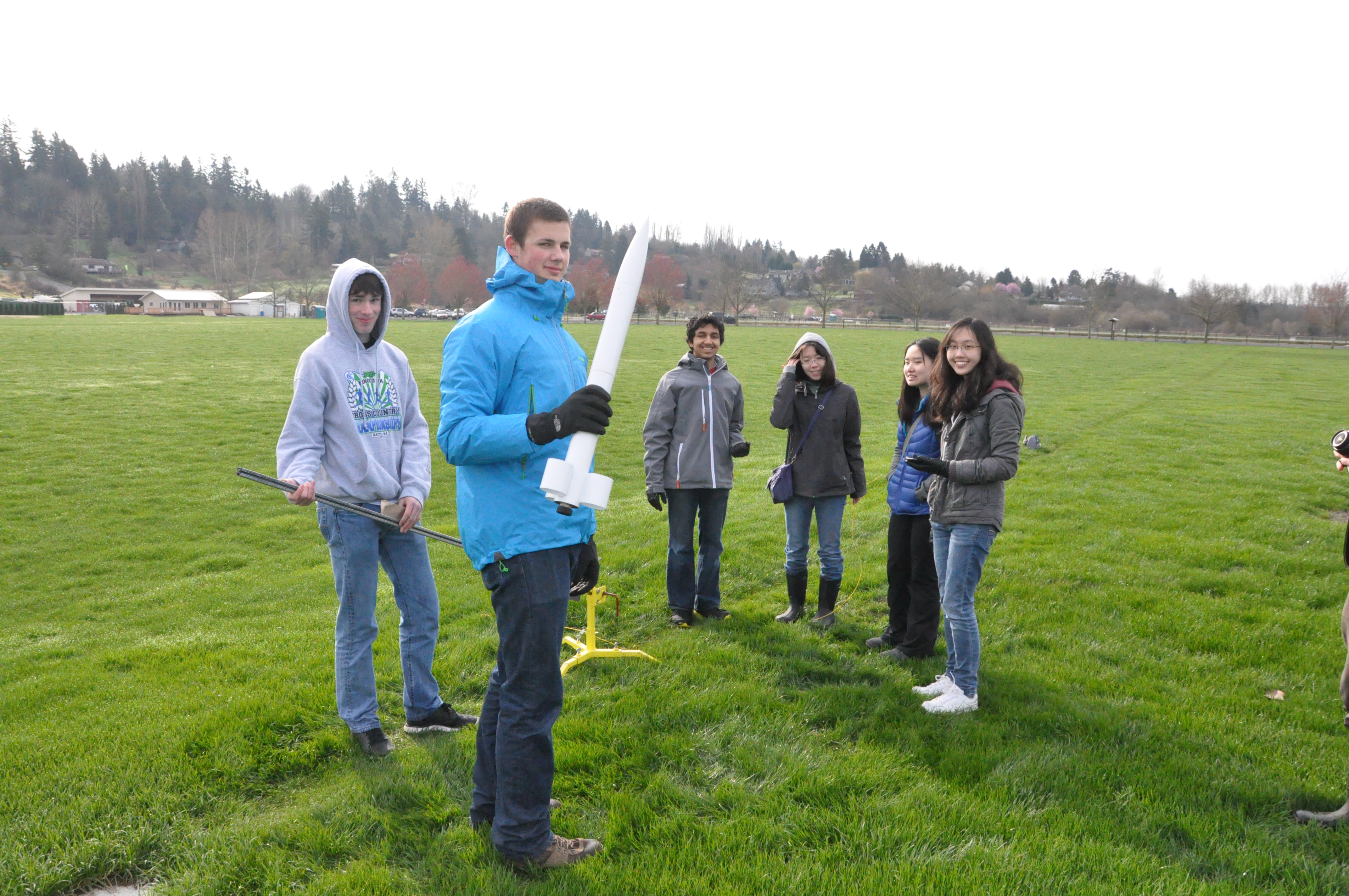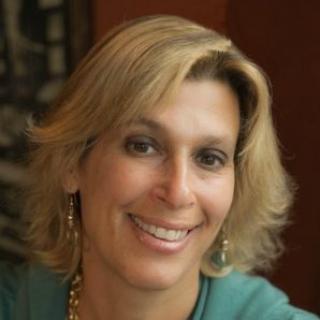 When I was in elementary school, my grandfather, a high school physics teacher, gathered a group of students to watch a total solar eclipse. The students were assigned to make eclipse viewers (I remember them as pieces of cardboard with “pinhole projectors”) so we could all safely look up to observe the unusual daytime darkness.
When I was in elementary school, my grandfather, a high school physics teacher, gathered a group of students to watch a total solar eclipse. The students were assigned to make eclipse viewers (I remember them as pieces of cardboard with “pinhole projectors”) so we could all safely look up to observe the unusual daytime darkness.
Viewing this eclipse from my New Jersey backyard in March 1970 was a once-, maybe twice-in-a-lifetime experience. Many of my childhood memories revolve around momentous space events, such as this eclipse and the Apollo space missions. Yet, although there was a national sense of the excitement of discovery (fueled, no doubt, by Cold War competition), and my peers and I remember black-and-white televisions rolled into classrooms so we could watch takeoffs and landings together, none of us remembers teachers using these historic events to make us believe that we could build tools to discover new frontiers.
My grandfather may have been ahead of his time.
Fast-forward to a new century and a new era of discovery, and suddenly opportunities abound for kids to discover and create. If the STEM (science, technology, engineering and math) movement has done anything, it has solidified the fact that science isn’t just for geeks. In fact, discovery, creation and collaboration are now seen as the cornerstones for success in any career.
“STEM is the new basic education,” says Sandi Everlove, chief learning officer at Washington STEM, a nonprofit organization that fosters regional networks of STEM resources and incubates breakthrough methods of teaching STEM in school.
One of Washington STEM’s initiatives is STEM-PD, which uses technology to provide teachers with professional development aligned with the Common Core State Standards and the Next Generation Science Standards. The organization has provided grants to school districts throughout Washington state for projects ranging from a renewable energy lab to a robotics/biotech mash-up; from hydroponics to using Lego to teach engineering and green technology. Fifty Washington schools will be added this month to the original STEM-PD cohort of 15.
“The Common Core and the new science standards focus on hands-on math and science learning,” Everlove says. “Most of us didn’t get this in our own education, so how are teachers supposed to flip the switch and learn to teach in different ways? STEM-PD is all about bringing technology and other tools and resources to the classroom and tearing down the walls between teachers, giving them a chance to learn with and from one another.”
Take to the skies
Earlier this month, two Seattle-area rocketry teams were getting ready to head to Washington, D.C., for the national finals of the Team America Rocketry Challenge, billed as the world’s largest student rocket contest and sponsored by the Aerospace Industries Association. Seven hundred teams from around the U.S. participated in the initial competition, and 101 of those were invited to the finals, among them Skyline High School in Sammamish and Newport High School in Bellevue.
Rebecca Fowler, an International Baccalaureate physics teacher at Skyline High School, serves as the rocketry team’s adviser. She says this is the third time they have made it to the finals in the past four years.
Skyline launched its rocketry team in 2004, and they’ve been to the finals four times, including in their first year.
When they are not launching rockets, the Skyline kids will be studying. The competition falls within the International Baccalaureate exam schedule. The kids will take exams just before getting on the plane to D.C., and they’ll have exams waiting for them when they get back.
“I’m proud of these kids,” Fowler says. “They are determined to make it all work.”
The first week of school, freshman George Eller set up a table at Newport High School’s club fair to encourage students to join the rocketry club he hoped to start. Rocketry had been a hobby of Eller’s since fifth grade. The club formation process at Newport was laborious, and the 15-year-old Eller admits he had to build up the courage to do it. Presenting the idea to the 200–300 members of the student council was particularly challenging, he says.
The result: a team of all freshmen boys (Eller is hoping for girls next year). Eller was the only one with rocketry experience. Eight months later, they’ve made it to the national finals.
Eller says he spent the first several months teaching the other boys how to make a rocket. Establishing authority and holding their attention was hard at first but became easier over time.
In fact, all the adult advisers I interviewed marveled at how quickly teams learn to collaborate. “It is so fun to watch them work together,” Fowler says. “They don’t even need to talk. They move together like clockwork.”
Bruce Buswell serves as the Newport team’s volunteer technical adviser. A budding scientist when he was in school, he remembers stuffing match heads into cylinders and launching them from his backyard. But there was no school support for his interest in aeronautics. Through sheer persistence, Buswell got himself an internship at NASA’s Goddard Space Flight Center. “I was bored in school,” he says. “All we did was learn from textbooks. I wanted to do something.”
Eller offers this advice to teachers, parents and his fellow students:
“My middle school teacher, Mr. Montgomery, used to give us information and allow us to come up with the questions and the experiment. We were expected to go out, find the data and present it. This is the most effective way to teach kids, because they really have to get into what they are doing.”
Eller advises parents to encourage, but not force, their kids into STEM activities. “You can’t make them like it,” he says.
For students, Eller advises: “Just jump in and try it. You’ll never know what you’ll find.”
Rick Kilcup, faculty adviser of Newport’s rocketry club, summed up the rewards of hands-on STEM activities with this wordplay:
“The kids are having a blast.”




